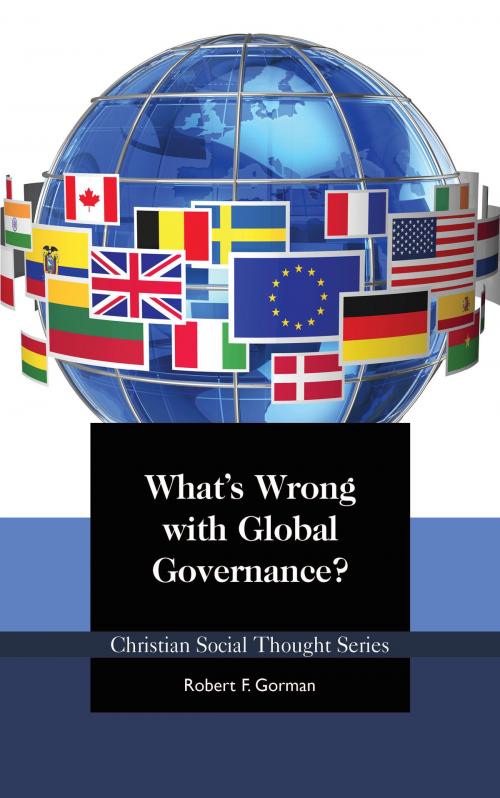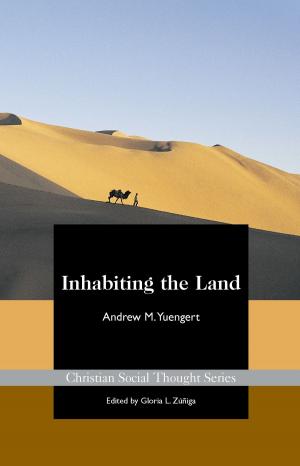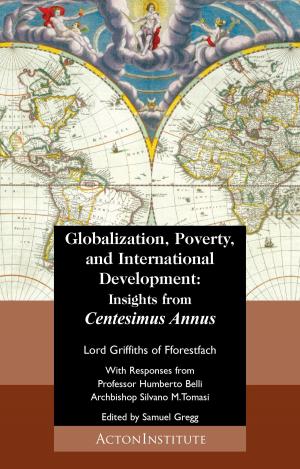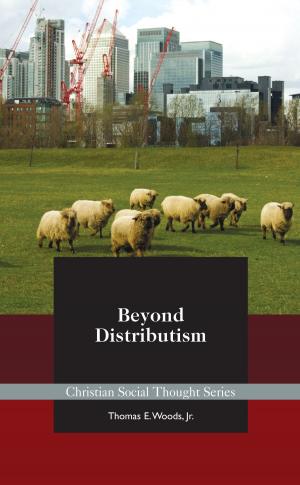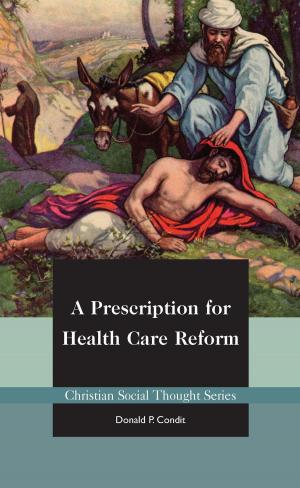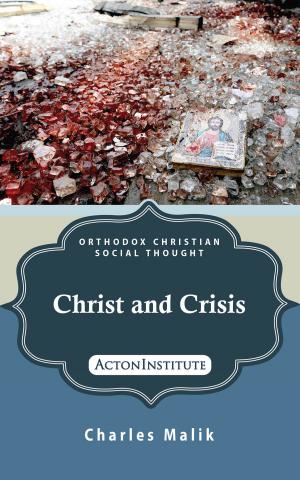| Author: | Robert Gorman | ISBN: | 9781942503514 |
| Publisher: | Acton Institute | Publication: | November 30, 2016 |
| Imprint: | Smashwords Edition | Language: | English |
| Author: | Robert Gorman |
| ISBN: | 9781942503514 |
| Publisher: | Acton Institute |
| Publication: | November 30, 2016 |
| Imprint: | Smashwords Edition |
| Language: | English |
In an increasingly interconnected world, the question of how the world’s peoples should interact, cooperate, and settle conflicts rises to the fore. For many, especially among the global business and political elite, it is obvious that the path to peace and progress lies through the centralization of political power in governing bodies that are ever larger and further removed from the concerns of particular localities, nations, or regions. Robert Gorman brings extraordinary experience and keen judgment to the task of applying the timeless principles of Catholic social teaching to the issue. He recognizes the benefits of international integration, but he also warns against the anti-Christian agenda of some globalists. At the heart of Gorman’s treatment are the local communities and intermediate institutions, such as the family, whose wellbeing must be a priority in any discussion of global governance.
In an increasingly interconnected world, the question of how the world’s peoples should interact, cooperate, and settle conflicts rises to the fore. For many, especially among the global business and political elite, it is obvious that the path to peace and progress lies through the centralization of political power in governing bodies that are ever larger and further removed from the concerns of particular localities, nations, or regions. Robert Gorman brings extraordinary experience and keen judgment to the task of applying the timeless principles of Catholic social teaching to the issue. He recognizes the benefits of international integration, but he also warns against the anti-Christian agenda of some globalists. At the heart of Gorman’s treatment are the local communities and intermediate institutions, such as the family, whose wellbeing must be a priority in any discussion of global governance.
